Share
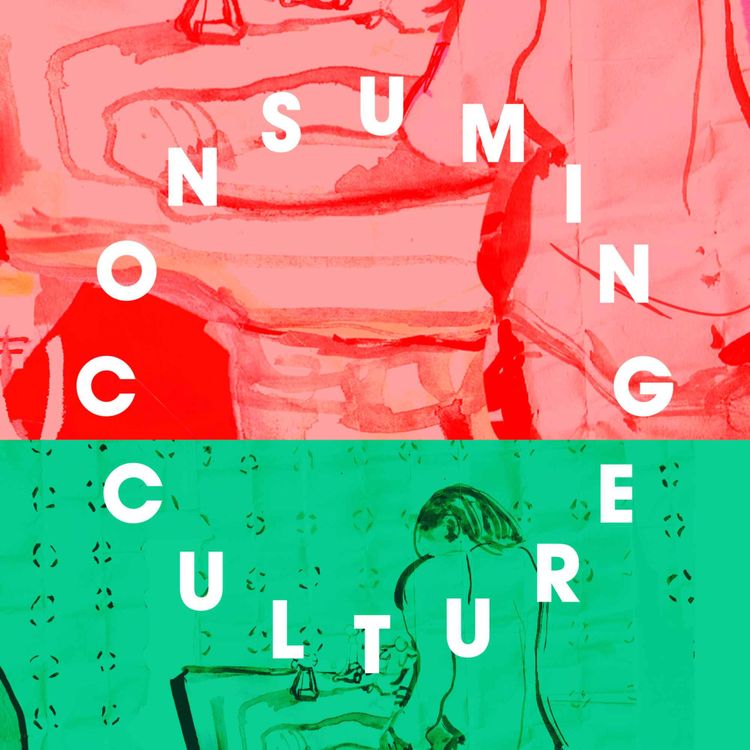
Consuming Culture
Sophie Robinson
Season 2, Ep. 1
•
This podcast features poet Sophie Robinson.
Over diet cokes and stroking nearby sleeping cats, we trace Sophie’s journey from early success with her first book of poetry A through to her forthcoming book of prose, via relationships (including our own), addiction and recovery. Sophie speaks about the catharsis of storytelling, her connection and kinship with readers, and the emotional load of sharing such personal experiences.
More episodes
View all episodes
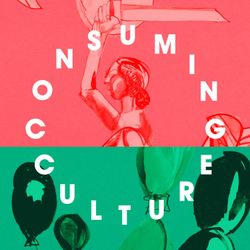
4. Natalia Sielewicz
49:08||Season 2, Ep. 4In conversation with Natalia Sielewicz, curator at the Museum of Modern Art in Warsaw. She talks about her curatorial practice, past shows, growing up in Poland during the last days of Communism and the current sociopolitical upheaval.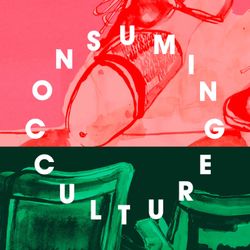
3. Jamila Johnson-Small
51:59||Season 2, Ep. 3Jamila Johnson Small is a London-based artist, dancer and choreographer, and an innovator in live performance. Blurring genres and working with collaborators from across disciplines, Jamila creates charged worlds of sensory impact for performers and audiences alike. Journalist Cat McShane spoke to Jamila at the beginning of March 2021, at the end of a long year of lockdown, where live performance has largely been impossible. It was a conversation spanning dream diaries, exploitative auditions and how feelings surface when Jamila dances.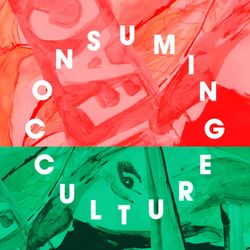
2. Bruce Ingram
45:12||Season 2, Ep. 2Inside the artist studio with Bruce Ingram, a sculptor and painter who uses discarded materials and recycles every day consumer objects in a process that he describes as spontaneous but also brutal. Artworks are constantly being re-assessed and physically deconstructed to explore what else it could be. A believer in renewal from destruction, is there a life lesson in his methodology?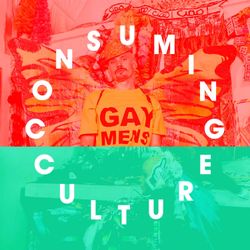
3. Max Allen
39:19||Season 1, Ep. 3Standing outside the industry mainstream, is self-proclaimed socialist fashion designer Max Allen. How do you knock up couture for a client with just £20? How do you maintain ethics around pay when your profession runs on free labour? In his inimitably direct manner Max pierces the mainstream fashion industry's excesses and hypocrisies, whilst giving an impassioned defence of the importance of "looking best". Here Max charts his own journey from early experiments in fashion as a child, through the influence of East London's queer scene on his practice, and how he has recently come to see himself as more artist than designer.
1. Liz Rosenfeld
39:43||Season 1, Ep. 1This Consuming Culture podcast features Berlin based multi-media artist Liz Rosenfeld, and exclusive snippets from her show, I Live in a House With a Door, recorded in London earlier this year in which Liz explores her flesh as material to address future environmental crisis. In a wide ranging interview, Liz speaks about her early experiences with cruising spaces, and how that act of looking for sex, historically an experience exclusive to cis-male bodies, has become an integral method in her artistic work. Liz also speaks to her experience in performance and dance as a queer body.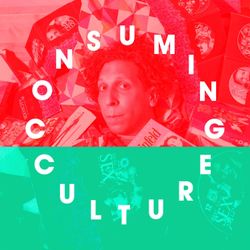
2. Brian Lobel
40:35||Season 1, Ep. 2We dig into how educator and performer Brian Lobel turns his very personal life experiences into successful, often long-running shows that also help his participants. How did getting cancer at just 20 lead him to dream up a show where he remedies people's most intimate problems with episodes of Sex and the City? Brian explores the social and personal significance of binge television, where the work he has generated out of it places him in the art world, and why it's important that his performances provide comfort to people.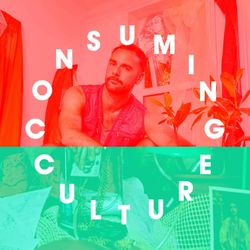
4. Owen Parry
37:37||Season 1, Ep. 4Why did visual artist Owen Parry become embroiled in the world of One Direction's most ardent fans? Why are fans unassuming figures for revolution and revolt? The conversation traverses the subversive "Curtain Fic" of One Direction's fantasy romantic pairing Larry Stylinson to how fan production drove the internet, and we both go right back into our teenage years, naming those important pieces of pop culture we were fans of in order to create our emerging identities. This is where Owen's continued sense of desire and excitement for the "new" stems from, and he reveals how fandom has been generative for his own practice, reigniting a lost passion for his art.